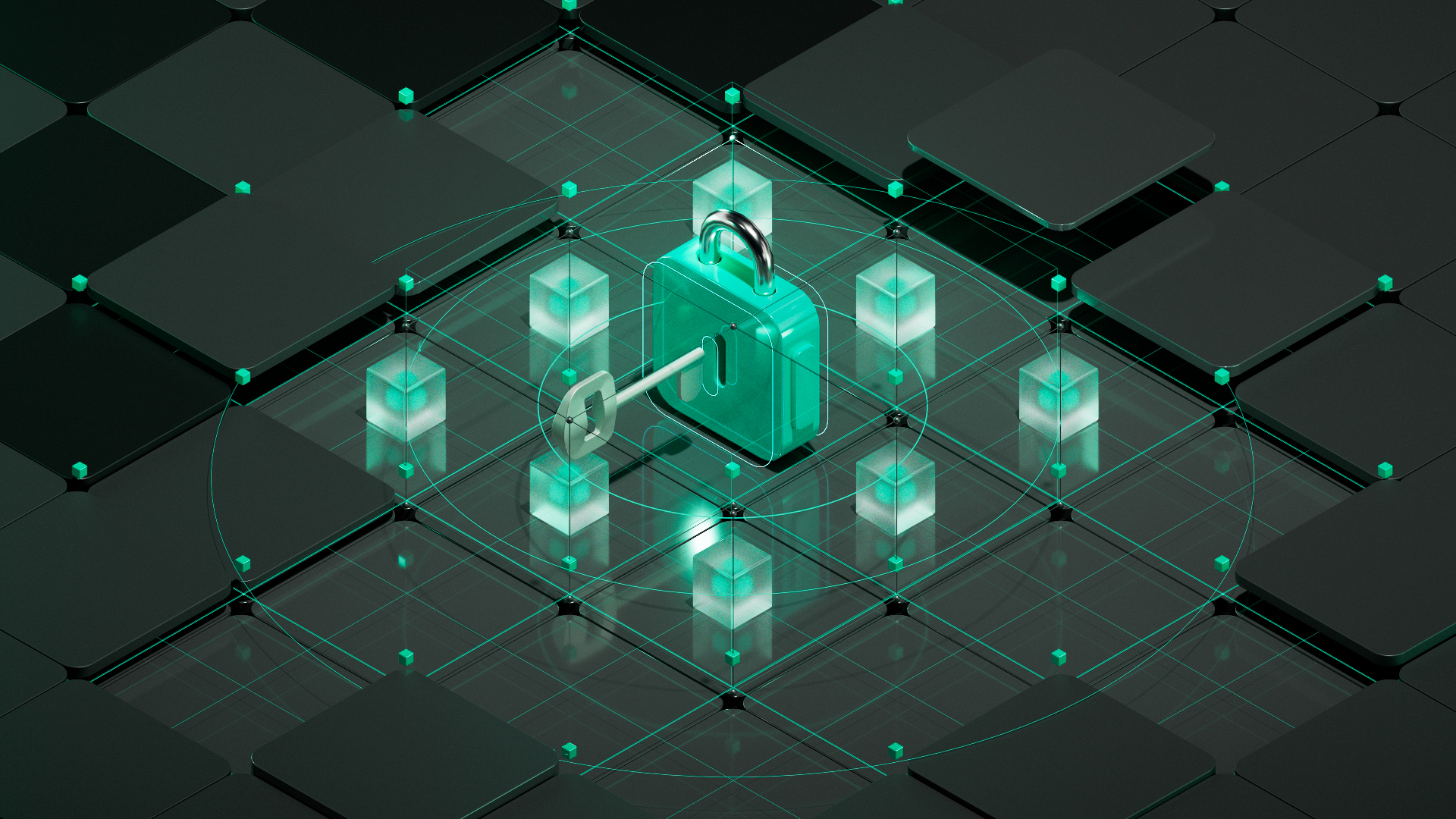NFTs Reshape Access to Events and Communities
Non-fungible tokens (NFTs) have gained significant attention for their use in the world of art and collectibles, but their potential reaches far beyond those realms. They have the capacity to revolutionize how access is controlled for real-world events and communities, providing an efficient and secure system that simplifies the entry process and elevates the overall experience for attendees. By leveraging blockchain technology, organizers can mint NFTs that verify ownership and authenticity, ensuring that only authorized individuals are granted access. Whether it’s music festivals, VIP events or exclusive online communities, NFTs have the potential to create a sense of exclusivity and community while also generating new revenue streams for organizers and artists. Nonetheless, there are still several challenges to be addressed such as data security and privacy concerns, as well as the fact that not everyone is familiar with digital wallets and blockchain technology. Nonetheless, the potential of NFTs to transform access control for real-world events and communities is immense, and it’s a fascinating new territory that is just starting to be explored.
Non-fungible tokens (NFTs) have been making waves in the world of art and collectibles, but their potential extends far beyond that. They have the power to revolutionize access control to real-world events and communities, making it easier for people to attend exclusive gatherings and connect with like-minded individuals.
What can NFTs be Used For?
NFTs can be used to create digital identities for individuals, which can in turn be used to gain access to different online communities and services. Instead of relying on usernames and passwords, which can be easily hacked or stolen, individuals can use their NFTs to authenticate their identities and gain entry to different platforms. Furthermore, NFTs can help individuals prioritize privacy when accessing events, providing a secure and convenient way for identification for those who value privacy. By creating NFTs linked to anonymous digital identities, people can gain entry to exclusive gatherings without revealing personal information.
But NFTs are not just limited to events. They can also be used to create exclusive communities that are accessible only to members. For instance, a fan club for a popular musician could create an NFT that grants access to private online forums, discord or even a meet-and-greet event. This creates a sense of exclusivity and community for fans, while also providing a new revenue stream for the artist.
What Are The Benefits?
One of the key advantages of NFTs is their ability to verify ownership and authenticity. In the context of events and communities, this means that organizers can ensure that only authorized individuals are granted access. By minting NFTs and distributing them to attendees, organizers can create a secure and tamper-proof system for access control.
For example, imagine a music festival that wants to ensure that only paying customers are allowed entry. Instead of issuing physical tickets that can be easily counterfeited, the festival could create NFTs that are linked to each ticket holder’s digital wallet. When attendees arrive at the gate, they simply need to present their NFTs for scanning, and the system will automatically verify their ownership and grant them entry.
This approach not only enhances security but also streamlines the entry process, reducing wait times and improving the overall attendee experience. It also opens up new possibilities for event organizers to offer different levels of access to their events, such as VIP or backstage passes that can be represented as unique NFTs.
Further Benefits for Guests
There are various advantages for individuals who own NFT tickets. Firstly, they may receive perks and incentives from event organizers, which can enhance their overall experience. Secondly, they can sell tickets for upcoming events they cannot attend, providing an opportunity to recoup their investment. Additionally, NFT tickets can be rare and desirable to collectors, which means ticket owners can earn a profit by selling them.
Furthermore, NFT tickets provide a secure way to store tickets safely, allowing ticket owners to keep memories of events alive. Lastly, owning NFT tickets can also enable individuals to engage with an event organizer’s community, which can provide them with unique opportunities and experiences.
Further Benefits for Organizers
NFT ticketing offers several benefits for event organizers. Firstly, organizers can create unique and artistic NFT tickets that represent the story of an event, making them more appealing to collectors. These artistic tickets can potentially increase revenue and make events more memorable. Secondly, NFT ticketing enables organizers to prove the authenticity of each ticket and verify the rightful owner, preventing fraud and counterfeiting. This ensures that ticket owners have a trusted and secure way to attend events.
Moreover, NFT ticketing allows organizers to earn a percentage of the profit when a ticket owner resells their NFT ticket, providing a new revenue stream.In addition, organizers can use the data generated by NFT ticketing to analyze attendance trends and make informed decisions about future events, improving their planning and execution.
Real Use Cases
AfterParty, a blockchain-based event platform, recently hosted a groundbreaking music and art festival in Las Vegas, where admission was granted exclusively to those who owned the festival’s NFT. The festival featured a lineup of major artists and attracted over 6,000 attendees. AfterParty’s NFT-gated event not only created a unique and exclusive experience for attendees but also helped to combat ticket fraud and scalping. This innovative approach to event ticketing is gaining momentum in the industry, and AfterParty’s successful festival is a testament to the potential of blockchain technology in event planning and management.
As a Wave 4 recipient of the XRPL Grant, BPM Wallet has been recognized for its innovative contributions to the event ticketing industry and its commitment to leveraging XRPL technology for enhanced solutions. BPM Wallet is on a mission to revolutionize the event ticketing industry by leveraging NFTs and Web3 technology to bridge the gap between artists and fans.
They aim to address the industry’s challenges and provide innovative solutions. Using tokenized ticketing, BPM Wallet creates a more authentic and tangible connection between fans and artists, offering immersive experiences before, during, and after live events. Their ecosystem tackles major issues such as ticket fraud, scams, ticket touting, fair resale, and event security by guaranteeing authenticity, enabling secure transfers between buyers and sellers, and ensuring a safer and more transparent ticketing process.
This year we will see many events using NFTs as access passes. XPUNKS, the popular NFT collection, is set to host an exciting event in September. The event promises to be a unique experience for XPUNKS NFT owners, who will enjoy priority access. With an impressive lineup of artists and performers, XPUNKS is set to create an unforgettable atmosphere for the attendees. This event is a prime example of the growing trend of providing unique experiences for NFT owners and enthusiasts.
Limitations of Using NFTs as Access Passes
Of course, there are still challenges to be addressed when it comes to using NFTs for access control. For one, not everyone has a digital wallet or understands how to use blockchain technology. There are also concerns around privacy and data security, which need to be addressed to ensure that NFTs are used responsibly.
Nevertheless, the potential of NFTs to transform access control for real-world events and communities is immense. By leveraging the power of blockchain technology, organizers can create secure, tamper-proof systems that make it easier for people to attend exclusive gatherings and connect with like-minded individuals. It’s an exciting new frontier for NFTs, and one that is only just beginning to be explored.




